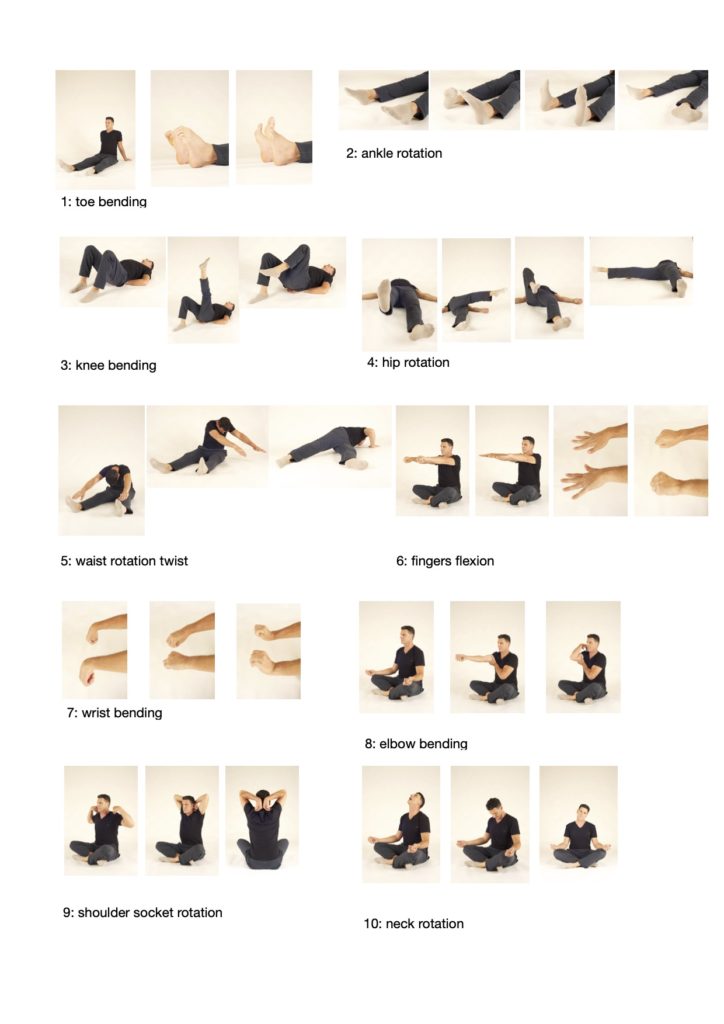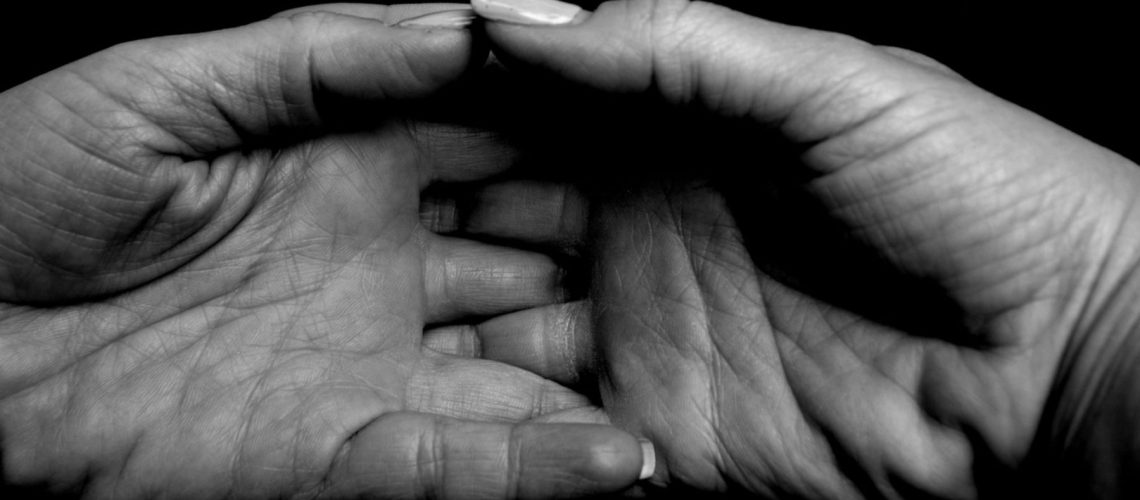by Antonio Sausys MA, IGT, CMT, C-IAYT
In recent days I received several suggestions to read an article by Scott Berinatto’s published in Harvard Business Review where he interviews David Kessler, a dedicated, committed and accomplished expert in the field of grief. In it he names the present state the world transiting the Coronavirus induced restrictions clearly as grief. At such an uncertain time, the very fact of being able to name what we are going through feels comforting. Thank you kindly Mr. Kessler, you are absolutely right!
Grief is the normal reaction to the loss of things and people we are attached to. Attachment refers to our dependency on the permanence of a person’s presence or an object’s continued availability to produce and sustain our safety, happiness and wellbeing. Like never before we are being deprived of an overwhelmingly big amount of those things, unable to access the known ways of being with others. This loss is without a doubt, the starting point of an unprecedented episode of global grief.
The grieving body
The article also made me reflect on a key teaching I received from my mentor Lyn Prashant, a pioneer in the field of Somatic Thanatology: grief happens also in the body. The physical symptoms that come up in the grieving process are not always regarded and dealt with as directly as they need to be. They are just as common as the mental, behavioral, social, spiritual and emotional ones and yet, often the body-centered effects of grief get subsumed under the emotional issues being dealt with.
Our bodies are also feeling the loss, now subject to the effects of the restrictions imposed to mitigate the spread of Coronavirus. Those accustomed to a physical routine at a specific venue have lost access to them as nonessential businesses are closed. Those that have a home practice have lost their privacy as those they live with are now constantly at home. Even those without an exercise routine are feeling the effects of reduced physical movement as they work from home, can’t perform familiar activities and observe social distancing. Because the body relies on movement to promote functionality and ensure well-being, the current pandemic equally and completely affects us all, without exception.
Here are some common physical symptoms of grief:
- Pain
- Alterations of the breathing patters (shortness of breath – frequent sighing)
- Fatigue, exhaustion, low energy
- Sleep patterns disruption (insomnia or excessive sleep)
- Eating patterns disruption (over or under eating)
- Alterations of the cardiac rhythms
- Digestive system upset
- Weakened immune system
- Endocrine system inbalance
- Generalized tension
- Restlessness, irritability
- Increased sensitivity to stimuli
Mr. Kessler’s suggestions to achieve balanced thinking; feel the present; let go of control and stock on compassion are poignant and useful to address the emotional and mental aspects of grief. In addition, we will benefit from observing and learning from our grieving bodies. After all, they deal a lot better with loss then we do – imagine a full grieving process after each time we visit the restroom! Attending to the physical symptoms can bring some comfort to the aching body and ultimately make grieving somehow easier.
What to do
A routine called Pawanmuktasana popularized by the Bihar School of Yoga is certainly optimum for these times. It consists of a simple sequence of joint movements that most anyone can do, and can take only 3 minutes – if each movement is performed once – to as much time as you want to dedicate to it when you add counts to the full practice or to the joints that need more attention. Take a look at this compose I put together that can offer you some visual guidance. It is important to follow the order shown – toe to head and periphery to center – and make sure no joint is skipped – reducing the range of motion or even only visualizing the movement of the joint that you definitely can’t or better not move.

Now is up to all of us …
As global health official and physician Ambassador Deborah L. Birx expressed recently, our transit through this pandemic and its consequences is an effort made ‘community by community’, where changes can only be made based on behaviors, not on ideas. Grief ultimately delivers, rather brutally, one of the essential truths at the base of existence: all things are impermanent. Just as what gave us comfort, safety and wellbeing seems now gone, gone will be this situation at some point, one way or another. As we all sink into this new vertiginous reality, let us all connect more with those truths and remember that we are body, mind and spirit and behave in a way that honors that. May Pawanmuktasana assist you in doing so!
